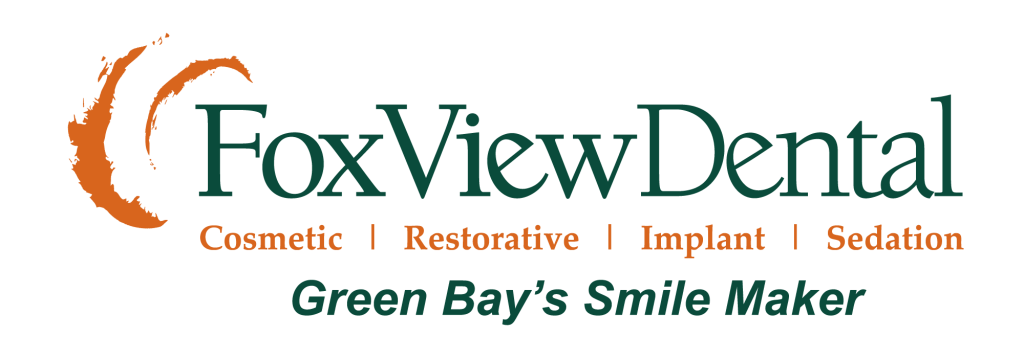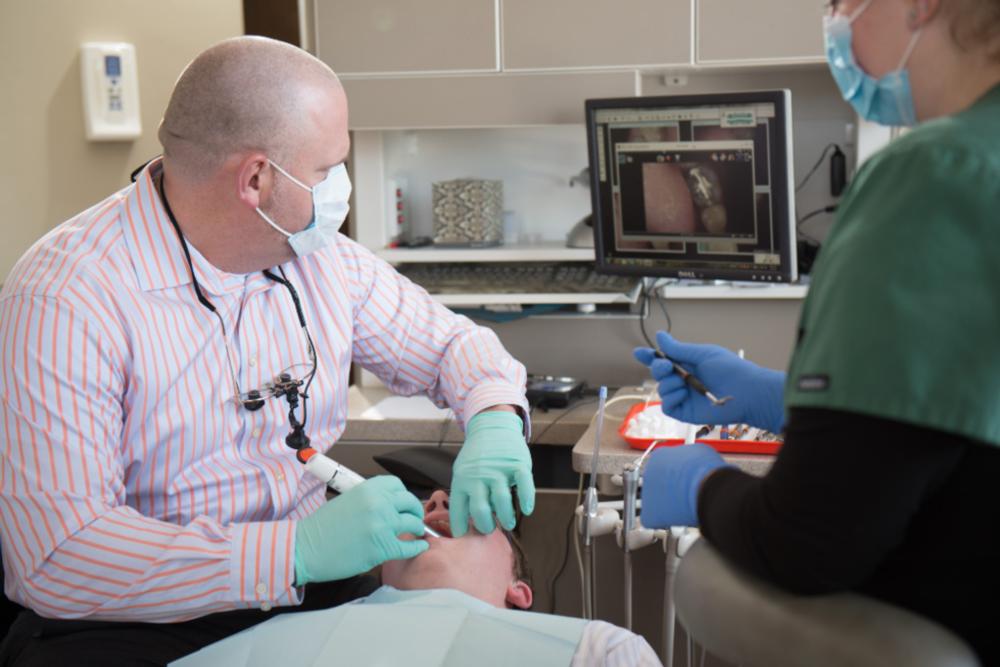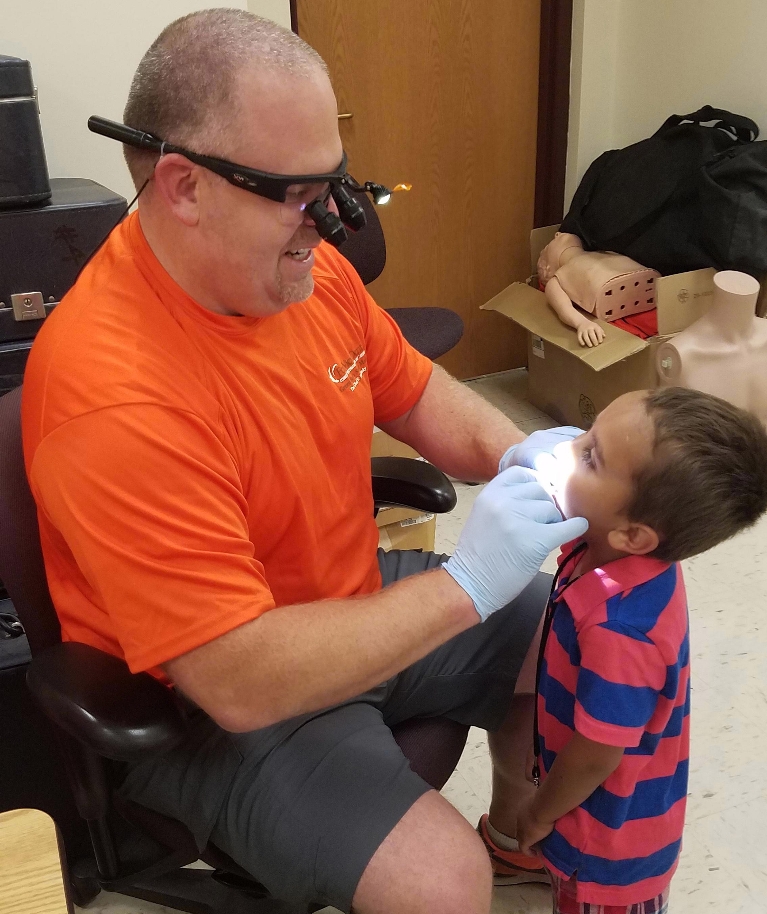Symptoms and Warning Signs
Recognizing potential early signs of oral cancer empowers you to seek prompt evaluation and treatment. While some symptoms may indicate other conditions, persistent or unusual changes should always be examined by a dental professional.
Contact Fox View Dental immediately at (920) 336-4201 if you experience any of these warning signs:
- Persistent sores or ulcers that don’t heal within two weeks
- Red or white patches in the mouth or on the tongue
- Lumps, thickening, or swelling in the mouth, neck, or jaw
- Difficulty chewing, swallowing, or moving the tongue
- Numbness or tingling in the mouth or lips
- Persistent sore throat or hoarseness without apparent cause
- Unexplained bleeding in the mouth
- Loose teeth with no obvious dental cause
- Changes in speech patterns or voice quality
- Chronic ear pain without hearing loss
The Oral Cancer Screening Process at Fox View Dental
Understanding what happens during your screening appointment helps you feel prepared and comfortable. Oral cancer screenings typically take just a few minutes and are easily incorporated into your regular dental examination. The process is painless and non-invasive, requiring no special preparation or recovery time. You can return to normal activities immediately after your screening.
Visual Inspection
The screening begins with careful examination of your mouth, including the lips, gums, tongue, inner cheeks, and throat. Dr. Yenchesky looks for any abnormalities such as sores, discolored patches, unusual swelling, or changes in tissue texture. This visual assessment provides valuable information about your oral health status.
Physical Examination
Using gloved hands, Dr. Yenchesky gently palpates the tissues in your mouth and neck to detect any lumps, masses, or areas of tenderness. This tactile examination helps identify changes that might not be visible during the visual inspection phase.
Advanced Diagnostic Tools
Fox View Dental utilizes advanced screening technologies to enhance diagnostic accuracy. These may include specialized oral cancer screening lights, digital imaging, oral cancer screening dye, or other tools that help identify subtle changes in oral tissues.
Risk Factor Assessment
Dr. Yenchesky reviews your medical history, lifestyle factors, and family history to assess your individual risk for oral cancer. This information helps determine appropriate screening frequency and preventive recommendations.
Documentation and Follow-up
All findings are carefully documented, and any areas of concern are photographed or mapped for future reference. If suspicious areas are identified, Dr. Yenchesky will discuss next steps and coordinate any necessary follow-up care. This may include monitoring the area, additional testing, or referral to a specialist for further evaluation. Most suspicious findings are not cancerous, but prompt evaluation provides peace of mind.






